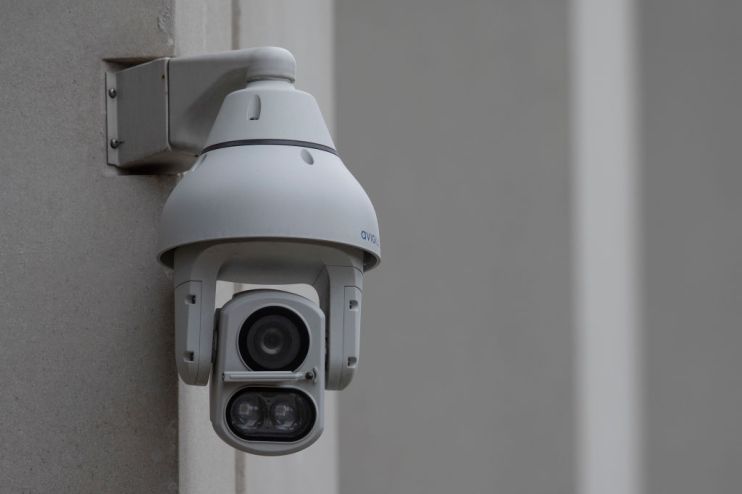Privacy group slams supermarkets for using ‘Orwellian’ facial recognition cameras

Privacy rights group Big Brother Watch has filed a legal complaint with the UK data watchdog claiming that the Southern Co-operative’s use of live facial recognition camera is “unlawful”.
The complaint to the Information Commissioner said that the use of the biometric cameras was “infringing the data rights of a significant number of UK data subjects”.
The argument is that the system, which is sold by surveillance firm Facewatch, “uses novel technology and highly invasive processing of personal data, creating a biometric profile of every visitor to stores where its cameras are installed.”
The surveillance device is installed in 35 convenience stores across Portsmouth, Bournemouth, Bristol, Brighton and Hove, Chichester, Southampton, and London.
A key concern is that supermarket staff can use facial recognition to “blacklist” customers, making them a “subject of interest”. It is understood that shoppers are not directly informed of this.
Another point of tension is the fact that Southern Co-operative supermarkets use facial recognition software with surveillance cameras from Chinese state-owned firm Hikvision.
Hikvision has made headlines in recent months for providing cameras concentration camps in Xinjiang and has been banned in the US. A group of senior parliamentarians also recently called on the UK Government to ban the cameras.
Director of Big Brother Watch Silkie Carlo said the legal action was a “vital step towards protecting the privacy rights of thousands of people who are affected by this dangerously intrusive, privatised spying.”
“The Southern Co-op’s use of live facial recognition surveillance is Orwellian in the extreme, highly likely to be unlawful, and must be immediately stopped by the Information Commissioner”, she explained.
Justified use of cameras?
A spokesperson for The Southern Co-op told City A.M. that it would welcome any constructive feedback from the ICO, but added: “We take our responsibilities around the use of facial recognition extremely seriously and work hard to balance our customers’ rights with the need to protect our colleagues and customers from unacceptable violence and abuse.”
They said the cameras are used in a “limited number of high risk locations”, where signage is on display and images are not stored of any individual unless they have been identified and evidenced as an offender.
“As long as it continues to prevent violent attacks, then we believe its use is justified”, the supermarket told City A.M.
Only three stores in Greater London use the facial recognition tech, including Ealing, Shirley and West Ewell.
A spokesperson for Facewatch told City A.M.: “Facial recognition is lawful for the purpose of crime prevention under the Data Protection Act if the strict criteria set out are followed – Facewatch operates in full adherence with the law.
FR may be used where it is “necessary” because other methods to prevent crime such as policing, CCTV and manned guarding have tried and failed.”
They added that there was no evidence that Facewatch prevents regular customers from shopping.
An ICO spokesperson told City A.M.: “Data protection law sets a high bar for police forces, public authorities and businesses to justify the use of live facial recognition (LFR) technology and its algorithms in public places. We have explained in two separate Opinions the important data protection standards that organisations must follow before and during the use of LFR.
“As with any new technology, it is crucial that people’s privacy is at the heart of any decisions to deploy LFR so public trust and confidence are not lost.
“We are assessing the compliance of a small number of private companies who have used, or are currently using, live facial recognition technology. Facewatch is amongst the organisations under consideration. We will also assess the information provided by Big Brother Watch.”